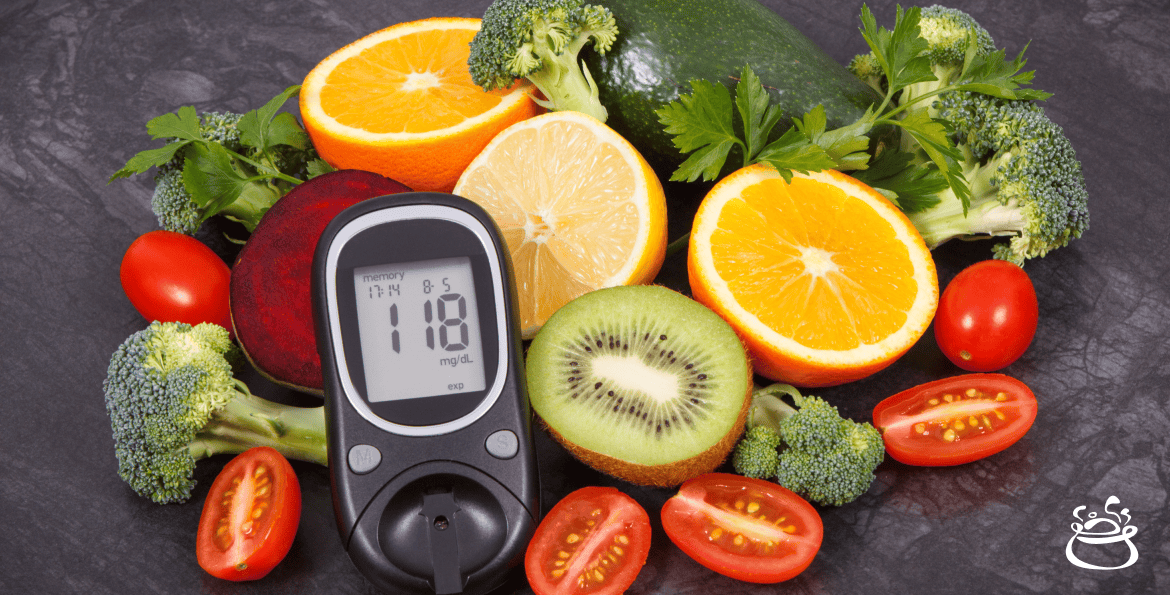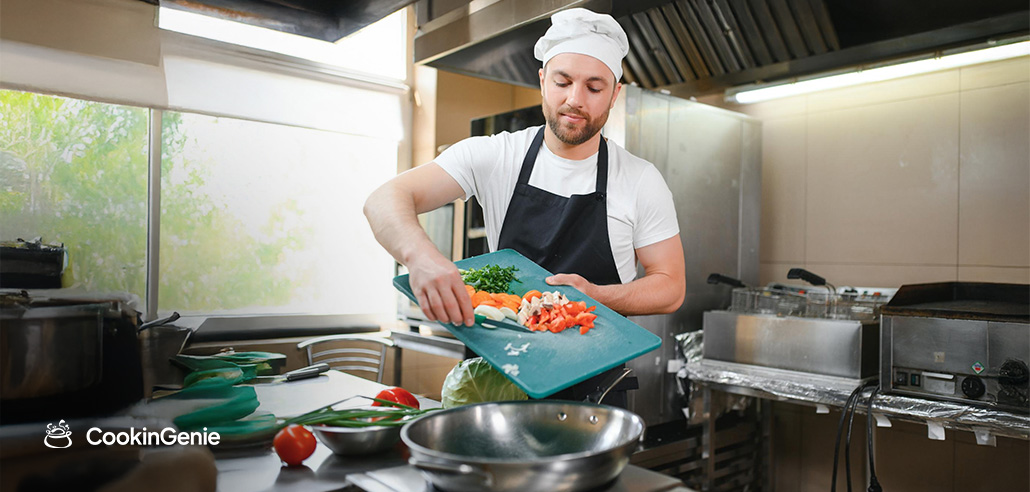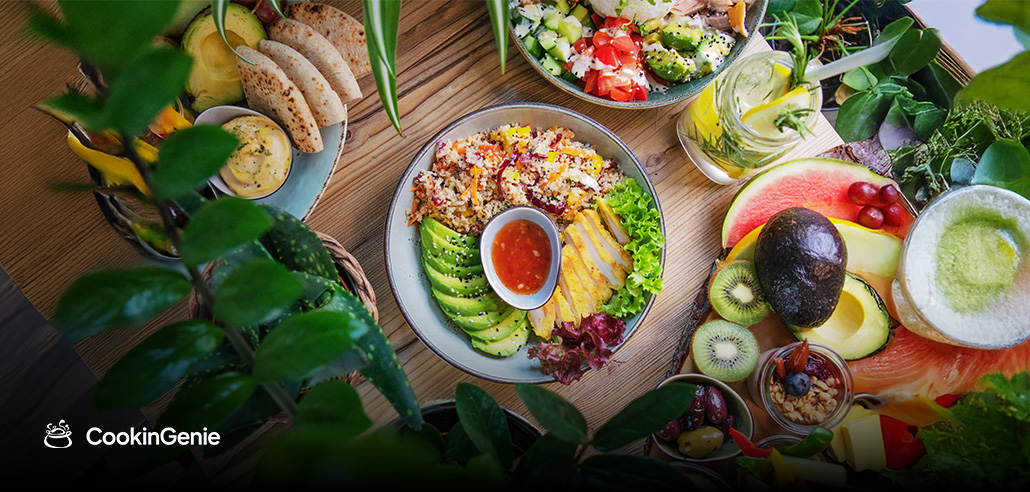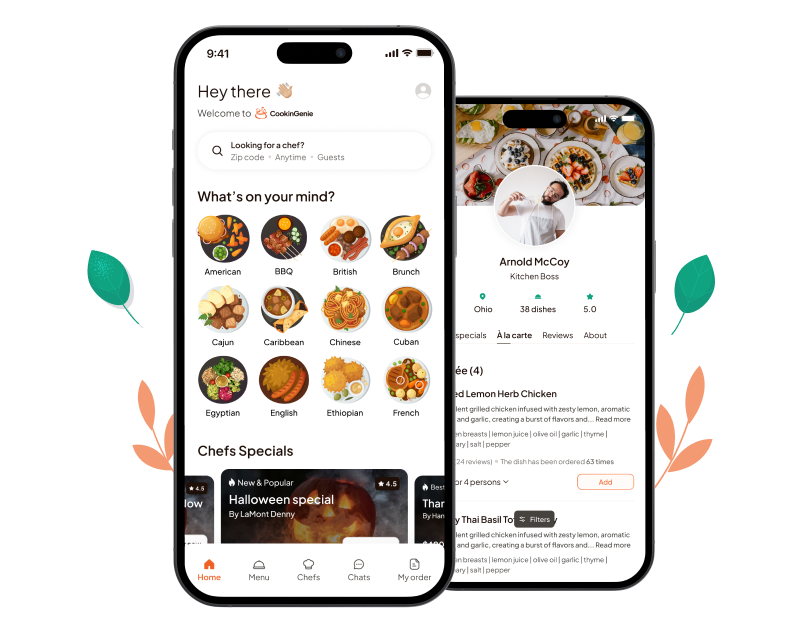Take Control of Your Health by Lowering Sodium and Sugar Intake
You know what they say: you are what you eat. But sometimes, the foods we crave and enjoy aren’t necessarily the best for us. That’s especially true when it comes to sodium and sugar. While these two ingredients can make our snacks and meals taste delicious, a diet high in them can lead to serious health issues like heart disease, obesity, and diabetes. This blog will suggest how we can reduce high sodium and sugar intake for a healthier lifestyle, though it won’t be without a few sacrifices.
Risks of high sodium and sugar intake
When it comes to excessive consumption of salt and sugar, it’s a “not so good” situation. The excessive intake of sodium from drinking sodas and consuming processed meats can cause water retention and elevate your blood pressure. On the other hand, overindulging in sugar can result in weight gain, fatigue, yeast infections, and an increase in sweet cravings, to name a few. Choose a piece of fruit instead of a second bag of chips to maintain a healthy diet. Your body will be grateful in the long term.
Guidelines for daily sodium intake
Maintaining a healthy lifestyle can be difficult, mainly when keeping track of your salt and sugar intake. The American Heart Association suggests that adults should limit their salt intake to 6 grams or less per day. On the other hand, the Dietary Guidelines for Americans recommend limiting added sugar intake to no more than 10% of your daily caloric intake. Therefore, the next time you feel the urge to indulge in a donut or salty beef jerky, opt for moderation and make a nutritious choice. Remember, taking care of your health starts with making conscious, mindful decisions.
Health benefits of reducing sodium and sugar intake
Reducing sodium and sugar intake isn’t all bad news – plenty of health benefits exist. These ingredients can lead to serious health risks, including heart disease and diabetes. Overconsuming sodium can increase your blood pressure, while an overload of added sugars can lead to an overwhelming amount of calories and unhealthy long-term habits. Lowering your intake can significantly improve your overall health – even if it perpetuates disappointment. From good circulation to a reduction in kidney stones, reducing sodium and sugar will help your body stay healthy and efficient so that you can feel better every day. So don’t be afraid to turn down that salty french fry or the sweetest piece of the pie – sometimes saying no is the best thing we can do for ourselves.
Reducing sodium intake
Reducing salt (sodium) intake is essential to maintain a healthy lifestyle and reducing your risk of long-term health issues. But how can you do it? Don’t worry: there are plenty of ways to reduce the amount of sodium in your diet. Try reducing your processed food intake or choosing lower-sodium foods whenever possible. And once you have some choices narrowed down, take a good look at the nutrition label for each option – make sure the food contains less than 120 mg of sodium per serving before you make that final purchase decision. It’s not as tricky as you may think.
Reduce processed foods in your diet
If you want to reduce sodium intake, processed foods should be the first. It can seem impossible at first, especially if you’ve got a hankering for those salty snacks that tempt you in the grocery store. But don’t give up. You may think you’ll miss them, but once you commit to eating less processed food, it’s surprising how soon your tastes can change. You might even find yourself turning away from familiar snacks and craving fresh fruits and vegetables or homemade meals before you know it.
Choose lower sodium alternatives when possible
Looking to reduce your sodium intake? The easiest way to get a handle on lowering sodium is to choose lower-sodium alternatives when possible. For example, you can swap the regular ham for turkey bacon or Dijon mustard instead of regular. Not only are these healthier options, but they add extra interest and flavor to your meals! If you are particularly fond of the crunch factor that comes with turkey bacon – it’s a great way to start any morning with something healthy and delicious.
Read nutrition labels carefully
Many individuals do not prioritize reading nutrition labels. Nevertheless, if your goal is to lower your sodium intake, it’s essential to take a closer look at these labels. Various sneaky ingredients can be high in salt, and even seemingly healthy foods contain substantial amounts. By thoroughly examining the labels and keeping an eye out for words like “sodium” and “salt,” you can spot the sources of this mineral and manage your risk of high blood pressure. By doing so, you’ll be able to avoid the negative consequences of excessive salt consumption rather than falling prey to it.
Reducing sugar intake
Reducing your sugar intake can be as easy as a-b-c. Begin by selecting foods with minimal added sugar. Reduce your consumption of sugary drinks and beverages for a healthier lifestyle. If you crave something sweet, choose snacks and desserts sweetened naturally instead. The good news is that these alternatives often have a superior taste compared to their sugar-laden counterparts.
Choose foods low in added sugar
Cutting down on the added sugar in your diet is the way to go if you want to reduce your sugar intake. But how do you do this? An easy solution is to choose foods naturally low in added sugars, such as fresh fruit, vegetables, lean proteins like beans and eggs, and whole grains like oats. Choosing such foods will ensure you’re still getting all the nutrition your body needs without overloading it with unnecessary sweet stuff. Plus, you’ll be able to enjoy a few indulgences here and there guilt-free since you haven’t been packing in so much of that added sugary stuff. Remember that even items labeled “no sugar added” can still have a high amount of natural sugars, so try not to go overboard when shopping.
Limit sugary drinks and beverages
If you’re looking to reduce your sugar intake, one of the best ways to start is by cutting back on sugary drinks and beverages. This practice can look easier said than done if you’re a confessed soda addict – but with a few tricks, it’s achievable. If you can’t go cold turkey, start diluting your fizzy drinks – throw in some or even carbonated water. Gradually increase the amount of dilution until you’re drinking more water and less sugar. You might miss that extra fizz, but you’ll barely notice the difference after a while. And once you’ve kicked this habit (trust us, it’s doable!), why not fix yourself some fresh fruit smoothies for a tasty treat sans those extra empty calories? It tastes delicious and will help get your sugar levels down.
Opt for naturally sweetened snacks and desserts
Reducing your daily sugar intake doesn’t have to mean sacrificing all tasty snacks and desserts. Instead, opt for naturally sweetened options you can find in the grocery store. For instance, many grocery stores stock a vast selection of delicious items such as low-sugar banana bread, honey-sweetened biscuits, and naturally sweet fruits like strawberries or citrus, which can add a touch of sweetness to any dish. These alternatives satisfy your sweet tooth without overdoing it on sugar. Plus, they’re a wonderful way to add variety to your diet.
For example, some grocery stores carry a wide range of yummy items like banana bread made with less sugar, honey-sweetened cookies, or fruits like strawberries or citrus that bring a natural sweetness to any plate.
Enjoy tailored meal services with a private chef for dietary restrictions and allergies
A private chef can come to your rescue if you’ve specific dietary restrictions or allergies. From reducing salt and sugar intake to taking care of food allergies, such professionals ensure you get delicious meals that follow all the dietary parameters required. Plus, their services are incredibly affordable too. So if counting calories is like a drag or running around looking for suitable food choices has become a chore, connect with a private chef and enjoy top-notch culinary service in the comfort of your home.
Conclusion
Overall, reducing your sugar and sodium intake can help you lead a healthier life. A good starting place is reading food labels, paying attention to portion sizes, and cutting down on processed goods. Keep in mind – any changes you make are a significant step in the right direction. You don’t have to sacrifice all sweets and salty snacks overnight; it’s about starting small, finding alternatives, and being mindful of what goes into your body. Treat yourself with kindness as you begin this journey: even one day at a time can help you accelerate your progress toward better health.



 Settings
Settings
 Gift Card
Gift Card Blog
Blog Locate Us
Locate Us










 Home
Home
 Chefs
Chefs
 Chats
Chats
 My Order
My Order



